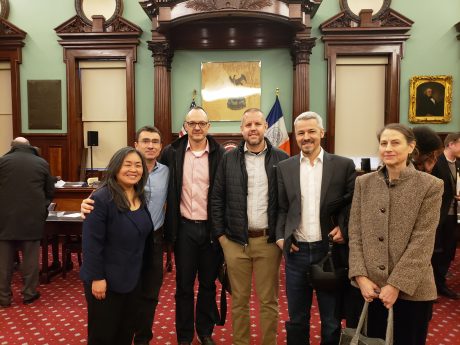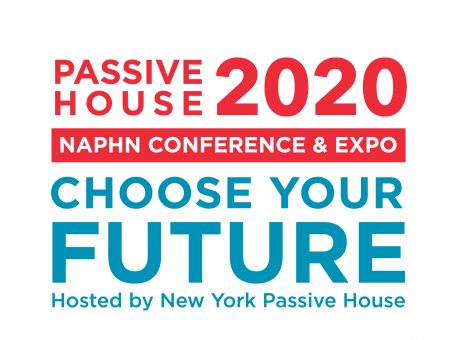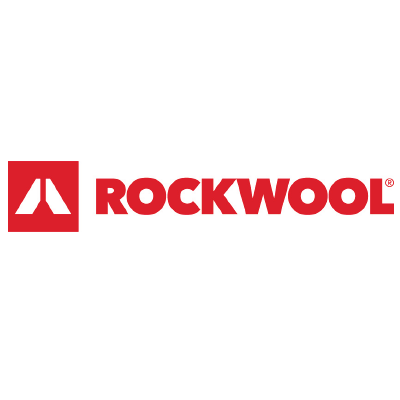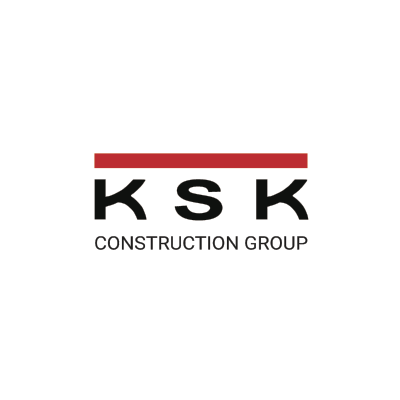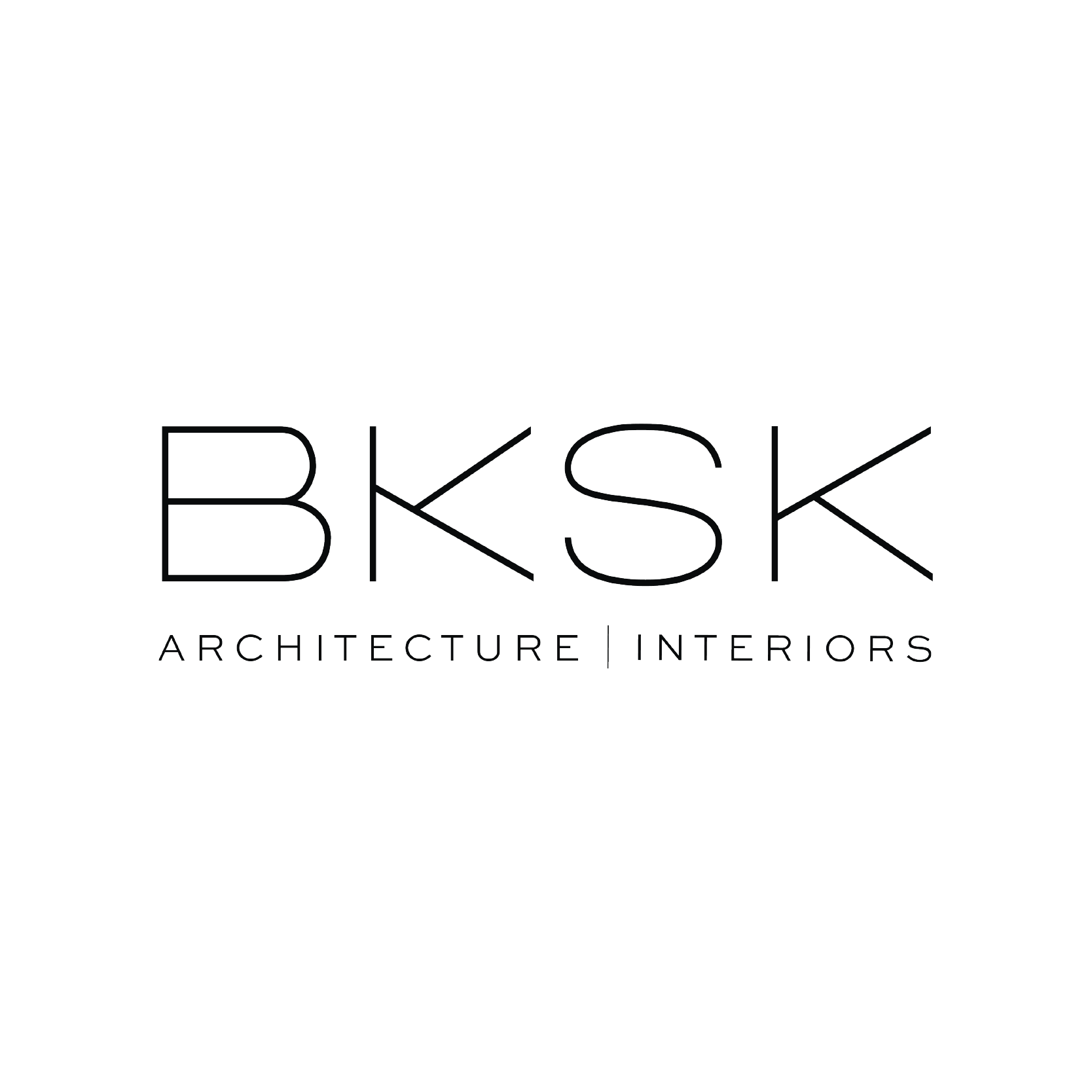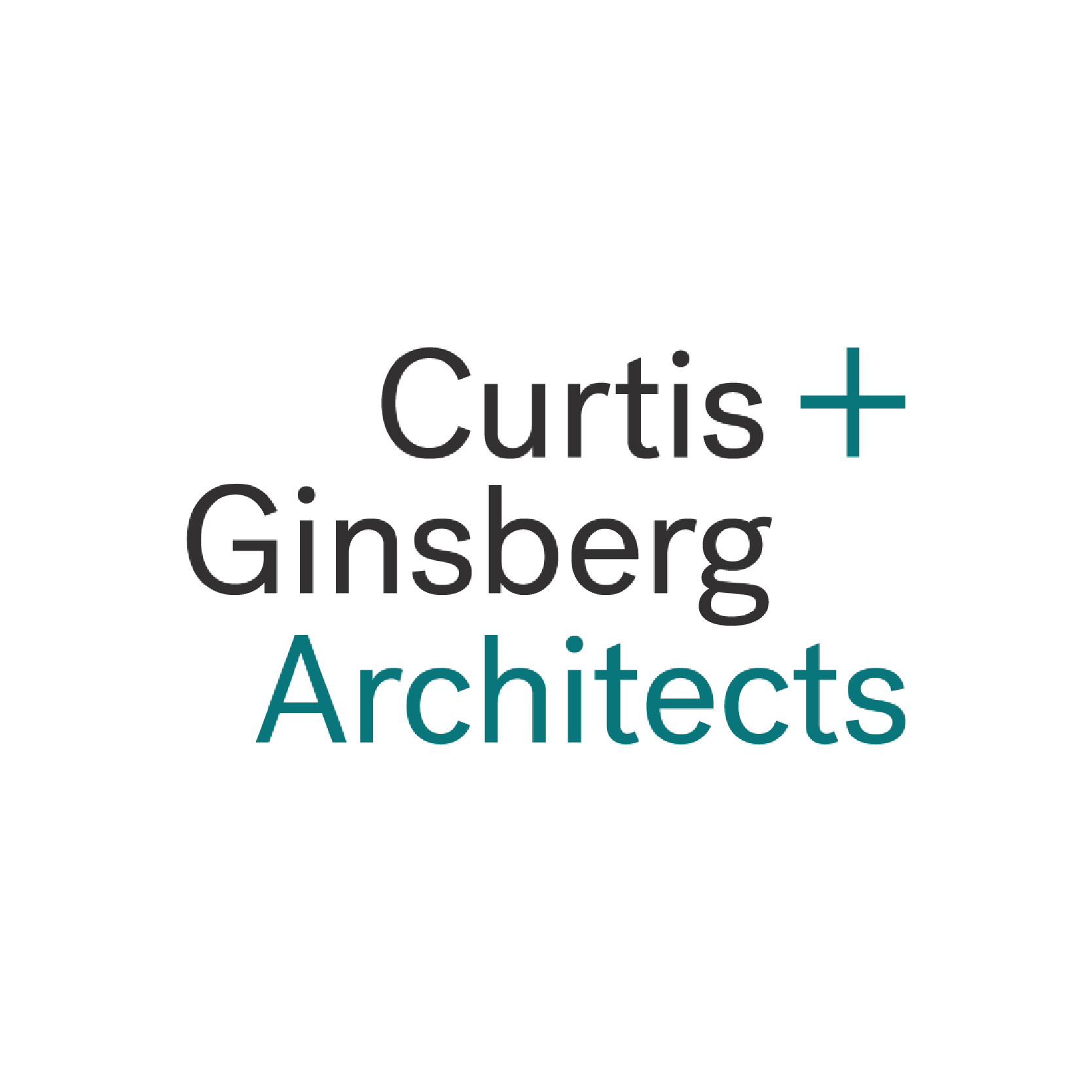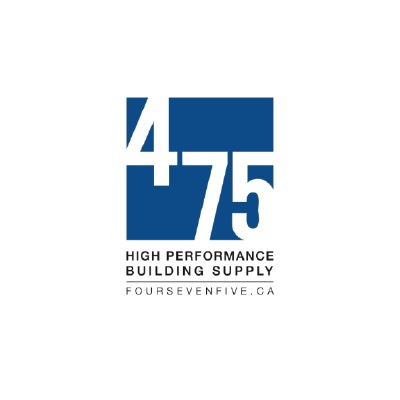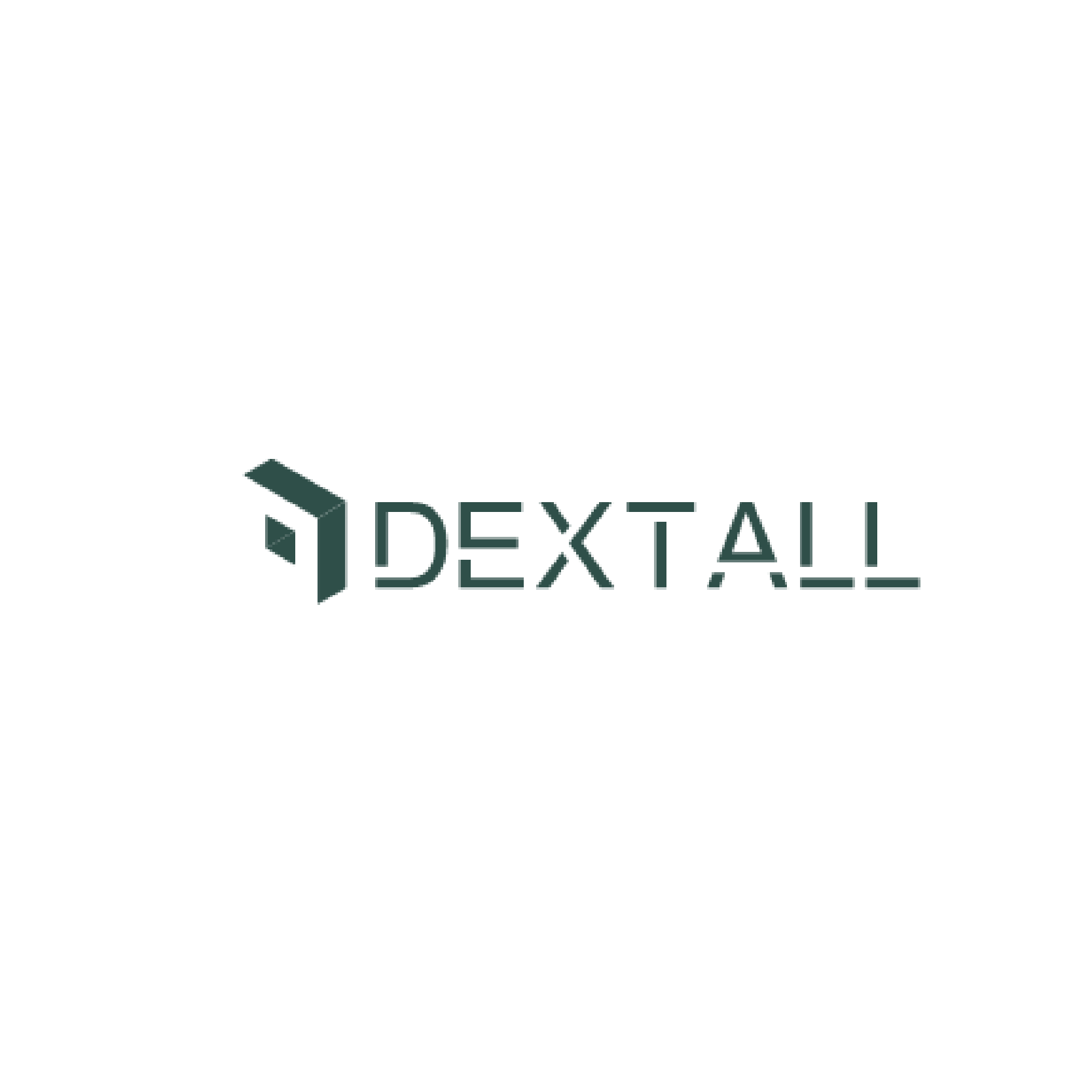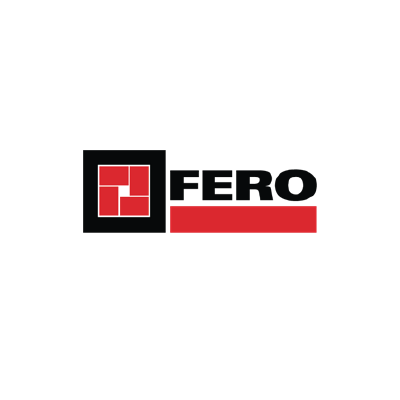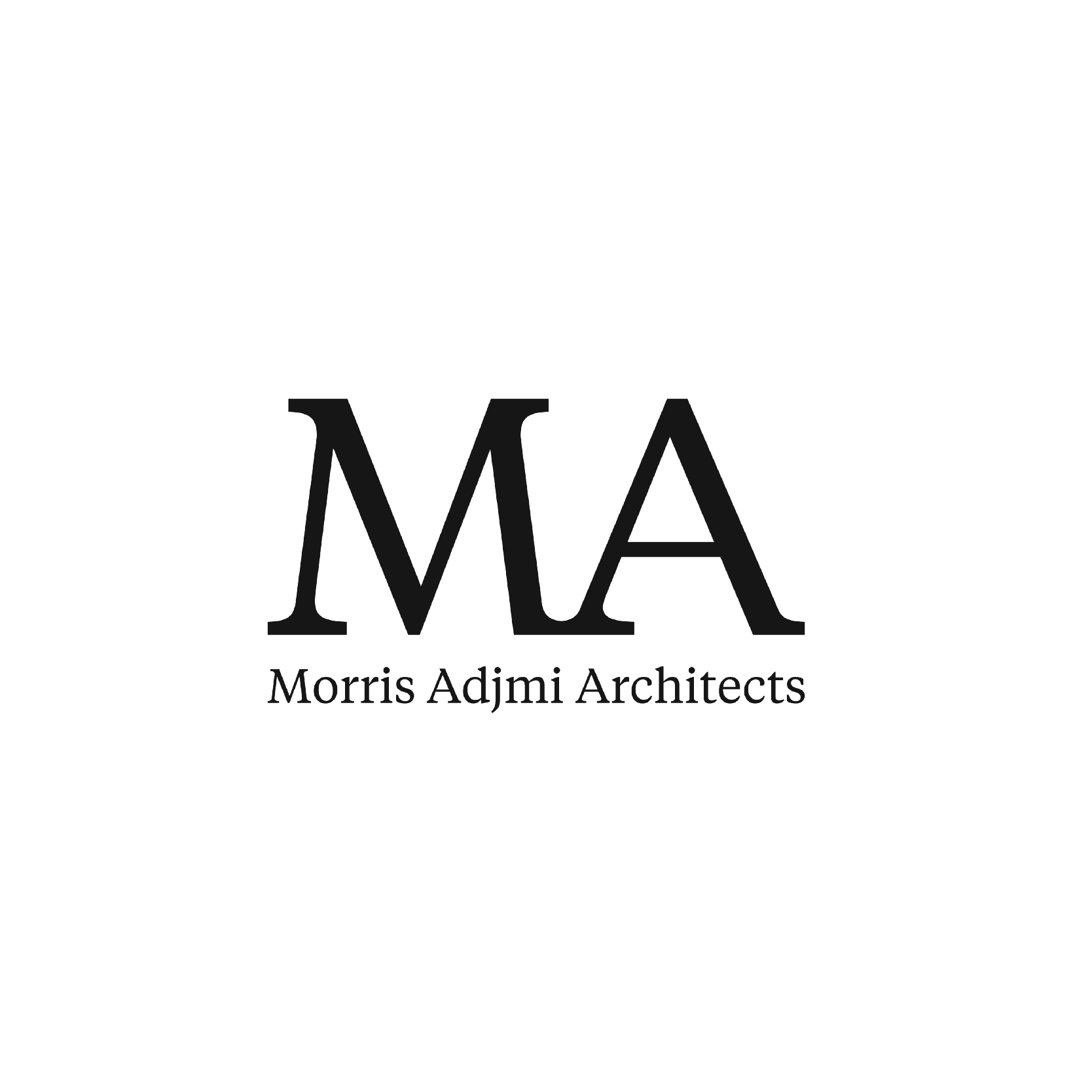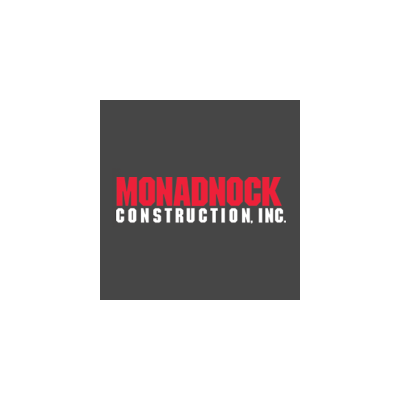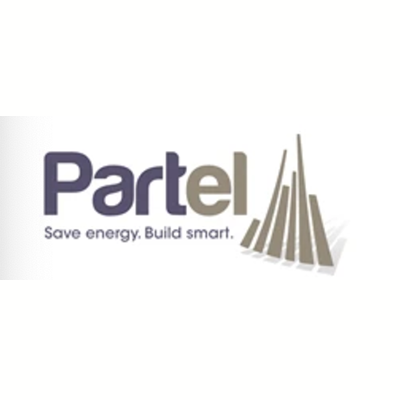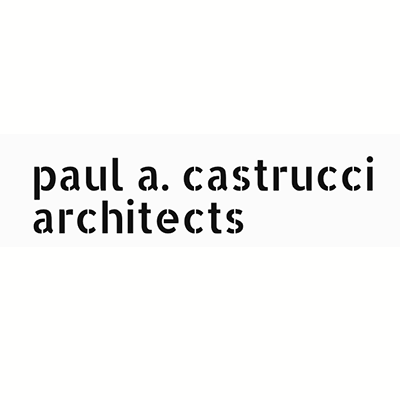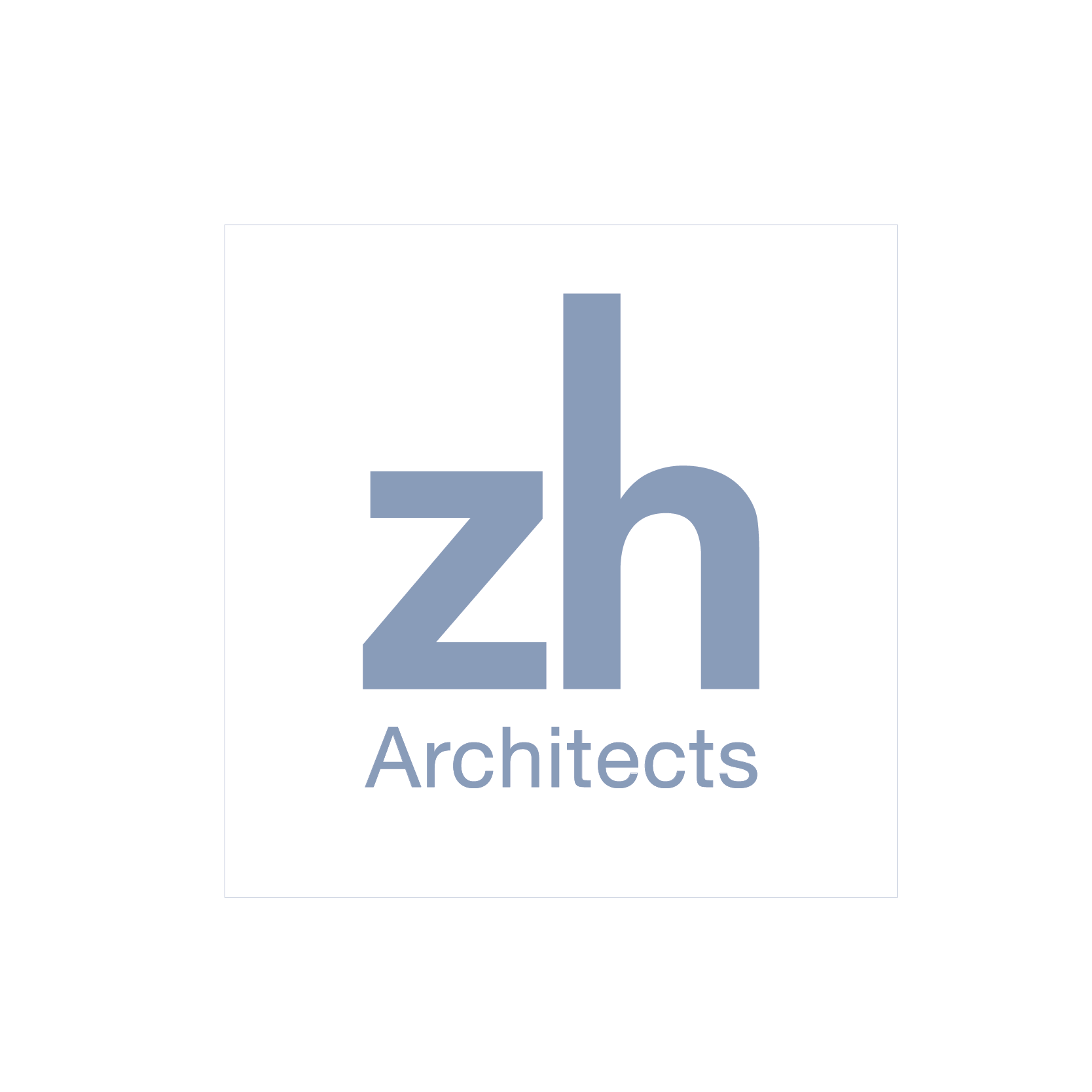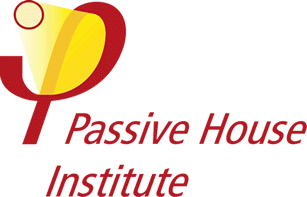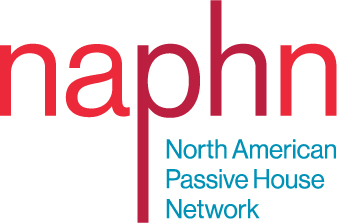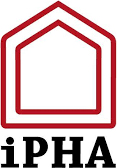The proposed bill Introduction No. 1816 of 2019 incorporates the latest version of the New York Stretch Energy Code (NYStretch) as required by Local Law 32 for the year 2018. Local Law 32 mandates that the City amend the NYCECC to align it with the latest version of the NYStretch Energy Code-2020 developed by the New York State Energy Research and Development Authority (NYSERDA). The proposed bill eliminates the very critical Section R408 Passive…
Why it is important to include Section R408 Passive House into the New York City Energy Conservation Code (NYCECC)
The proposed bill Introduction No. 1816 of 2019 incorporates the latest version of the New York Stretch Energy Code (NYStretch) as required by Local Law 32 for the year 2018. Local Law 32 mandates that the City amend the NYCECC to align it with the latest version of the NYStretch Energy Code-2020 developed by the New York State Energy Research and Development Authority (NYSERDA). The proposed bill eliminates the very critical Section R408 Passive…
NYPH does not support the deletion of Section R408 Passive House from the NYCECC
The New York City Council Committee on Housing and Buildings has scheduled a hearing on Introduction No. 1816 of 2019 for Monday, January 27th 2020 at 10:00 AM at City Hall. This bill would implement section 28-1001.3.1 of the Administrative Code, which requires triennial updates to the New York City Energy Conservation Code (NYCECC). These amendments will bring the NYCECC up to date with the 2020 version of the New York…
NAPHN’s Conference and Expo “Passive House 2020: Choose Your Future” – Important Dates Announced!
Don't miss Passive House 2020: Choose Your Future, NAPHN Conference and Expo. The largest gathering of Passive House professionals and suppliers, to date, in the US. Its core mission is to demonstrate and discuss how (and why) building owners, developers, and occupants are choosing Passive House to improve outcomes, minimize uncertainty and risk, provide more control, increase performance and enhance well-being. The event schedule: Pre-conference Workshops on Tuesday & Wednesday,…
New York Passive House & Handel Architects Present “The Passive House Impact”
On Friday, December 6th, Handel Architects opened its doors to a group of young professionals from Deloitte Services interested in learning more about Passive House design. The professionals, who traveled to New York from different locations across the US, work in diverse sectors and had little background knowledge on Passive House prior to the presentation. The presentation speakers included Andreas Benzing, President of New York Passive House; Deborah Moelis, Principal…
Marketing Passive House: Communicating the Value of Passive House Buildings to Clients
Over the past few months, New York Passive House has been working with John Oppermann to shed light on some of the biggest issues facing professionals in the Passive House industry today. In his seminar entitled “Marketing Passive House,” Oppermann highlights the importance of demonstrating the true value of Passive House to consumers, and offers insight into how green building professionals can effectively communicate this information. The first seminar took…
The New York City Climate Mobilization Act (CMA) demands more in energy efficiency from buildings
The new legislation requires that any building 25,000 square feet or larger will need to reduce their greenhouse gas emissions by 40 percent by 2030 from a 2005 baseline, increasing to an 80 percent reduction requirement by 2050. By Todd Kimmel, NYPH Board Member and Architectural Manager for ROCKWOOL New York City gets to work as Climate Mobilization Act (CMA) passes New York City produces over 50 million tonnes…
New York State’s 80×50 Progress
NAPHN19, Policy Resource Guide, June 2019 Implementing High Performance Codes In 2014, Governor Andrew M. Cuomo initiated Reforming the Energy Vision (REV), a comprehensive energy strategy for New York. The Governor has tasked the New York Energy Research and Development Authority (NYSERDA) to set a more restrictive local standard in New York State in order to make the Governor’s strategy for a clean, resilient, and more affordable energy system a…
New Certification Criteria for Passive House Windows in New York City
Energy efficiency and high comfort. The Passive House Standard provides high energy efficiency, as well as high quality and high comfort. The components of each Passive House building must be selected to meet the energy targets, as well as to ensure a comfortable indoor environment. Suitable component qualities can effectively be identified with the Passive House Planning Package (PHPP) during the various design stages. Indoor comfort The comfort level in…
NYPH named winner of Manhattan Paper Challenge Quarter One!
Pratt Industries launched the Manhattan Paper Recycling Challenge in partnership with NYC's Department of Sanitation and the Manhattan Solid Waste Advisory Board. This competition rewards sustainable organizations for increasing their recycling participation rates. This quarter, New York Passive House was awarded the 2nd place prize for achieving a year-over-year increase of 2.1% of paper tons collected. Read More
We are extremely excited to announce the launch of NYStretch Energy Code – 2020 (NYStretch)
NYStretch Energy Code - 2020 includes Section R408 Passive House R408.1 General. Buildings shall comply with either Section R408.1.1 or R408.1.2 and shall comply with Section R408.2. R408.1.1. Passive House Institute US (PHIUS) Approved Software. PHIUS+. Passive Building Standard - North America, where Specific Space Heat Demand and (sensible only) Cooling Demand, as modeled and field-verified by a Certified Passive House Consultant, is less than or equal to 9kBTU/ft2/year. The…
New York State Senator Brian Kavanagh supports Passive House and PHPP
Brian Kavanagh, Senator, 26th District, September 18, 2019 I write to request that the New York City Department of Buildings give favorable consideration to including the Passive House Planning Package (PHPP) as a Calculation software tool and alternative compliance path in the New York City Energy Conservation Construction Code (NYCECCC) to enhance energy efficiency in new construction and retrofit projects. PHPP is a set of design principles and a…

